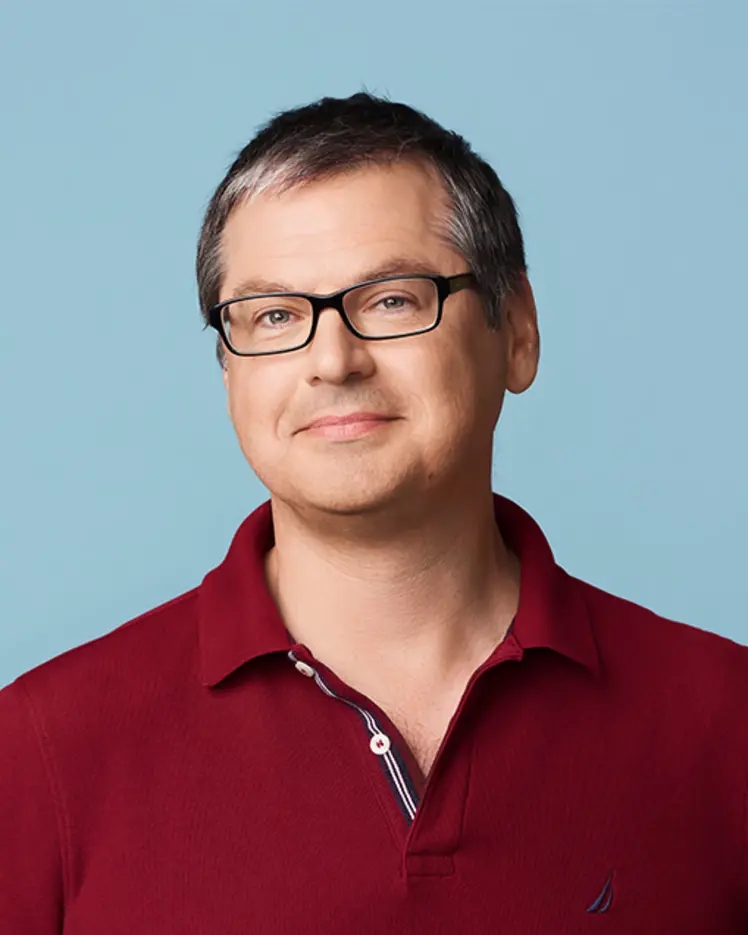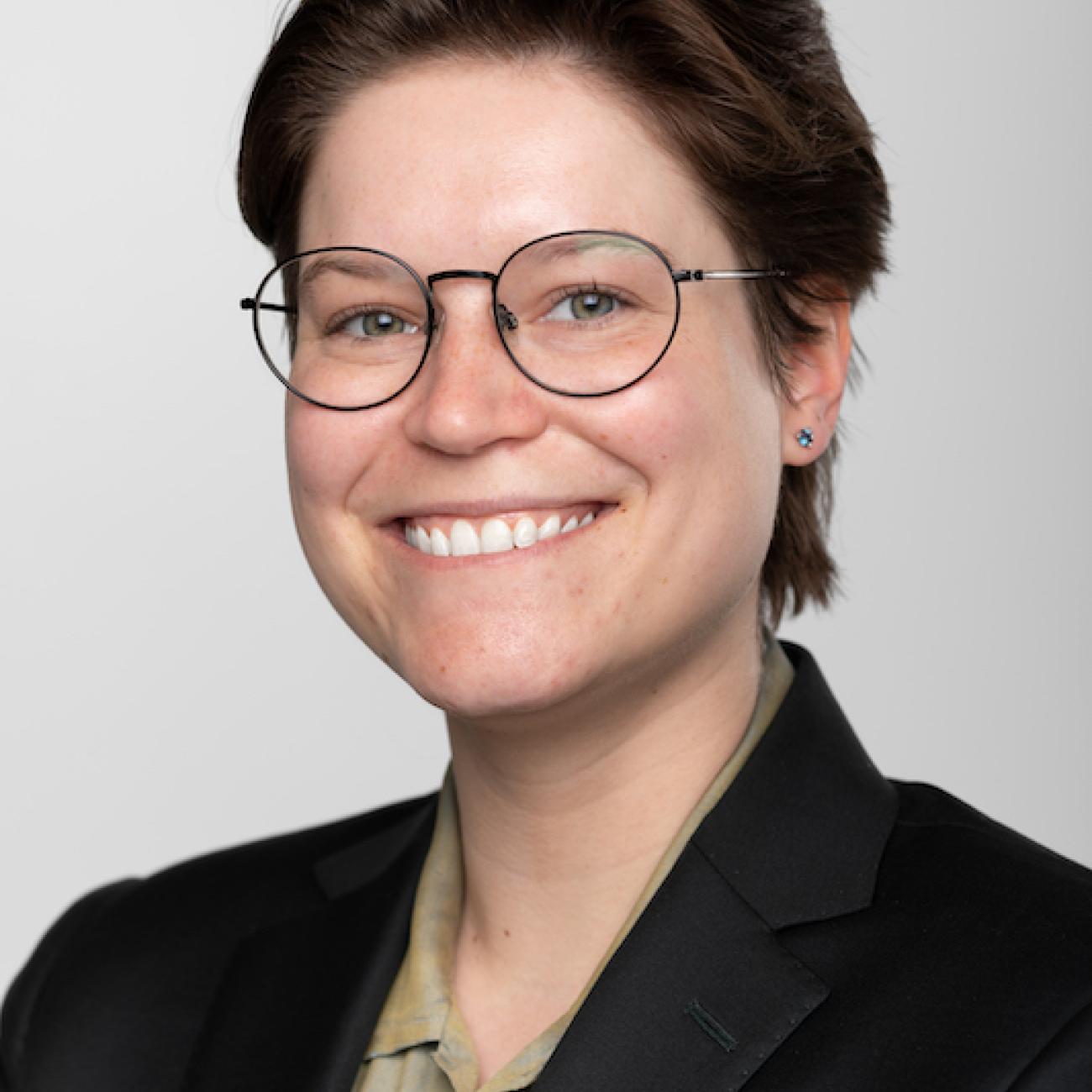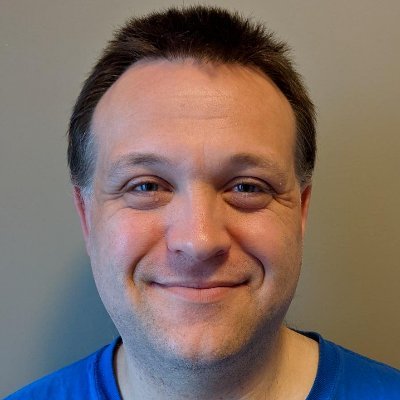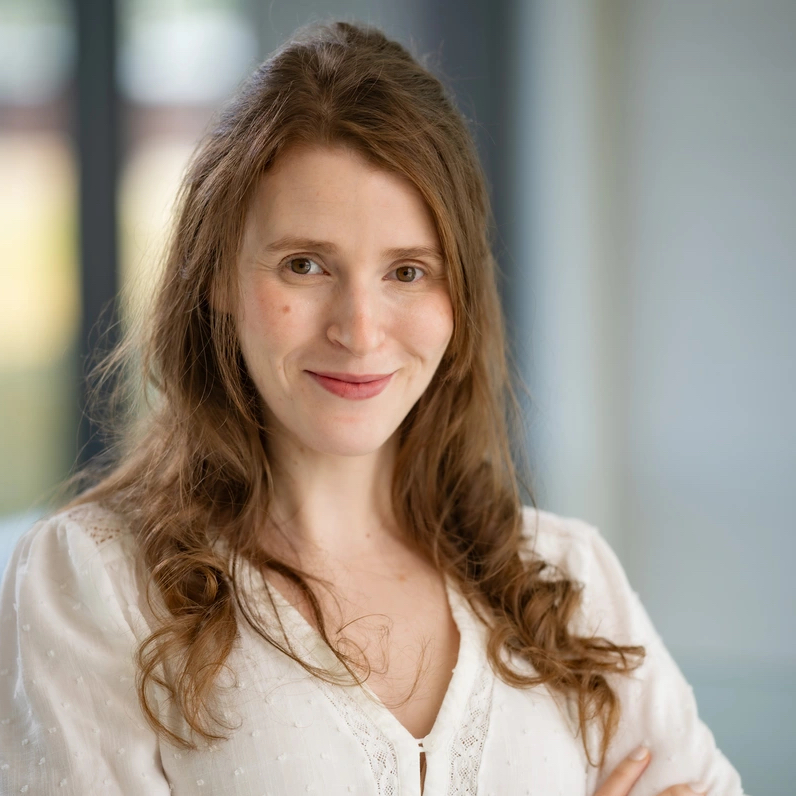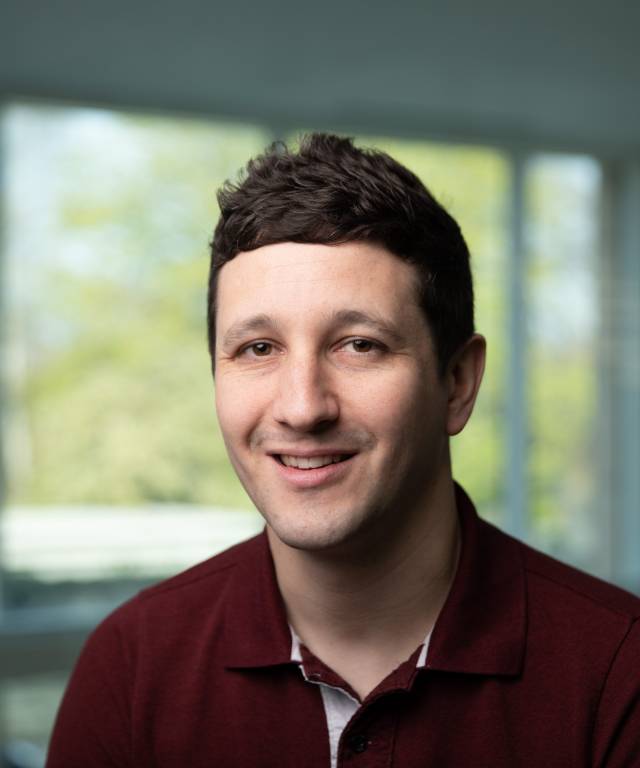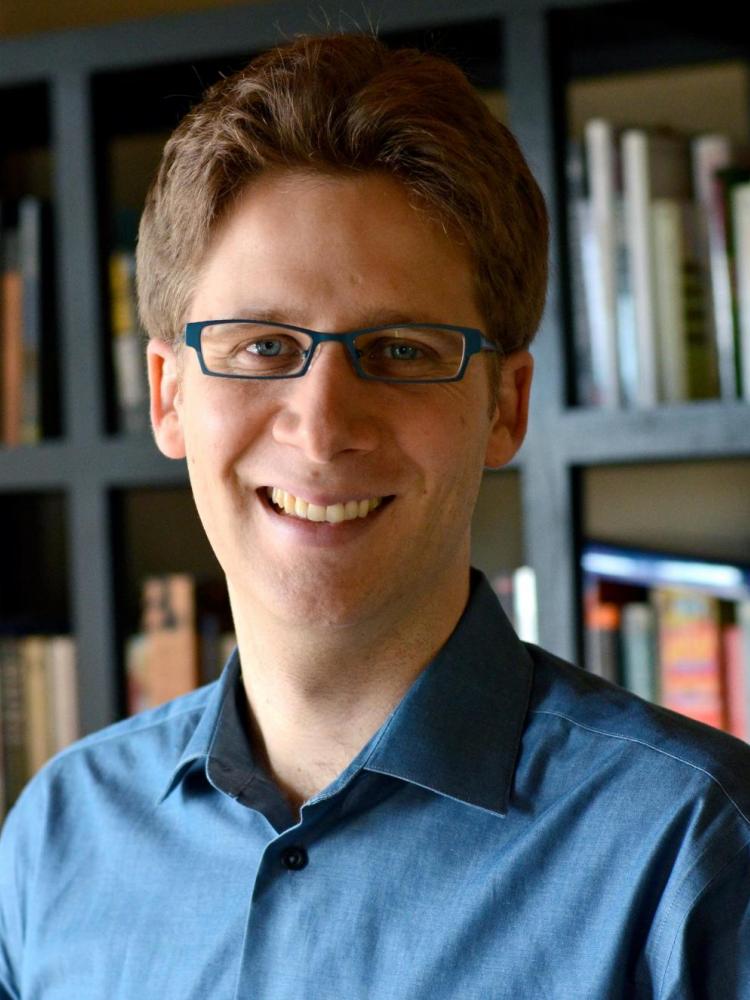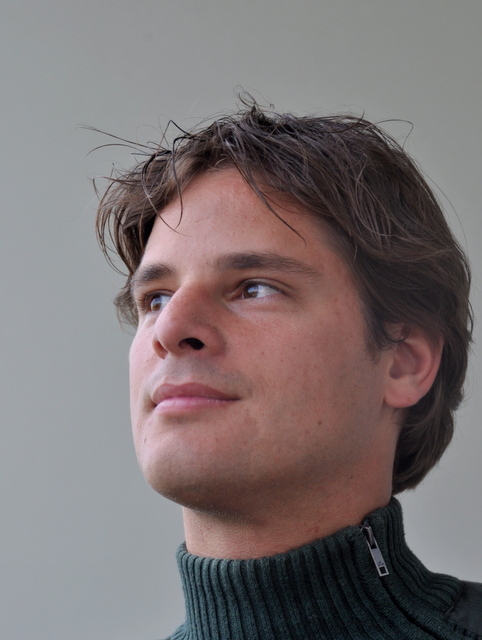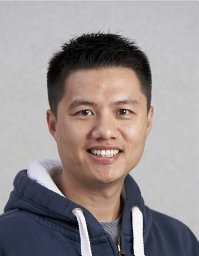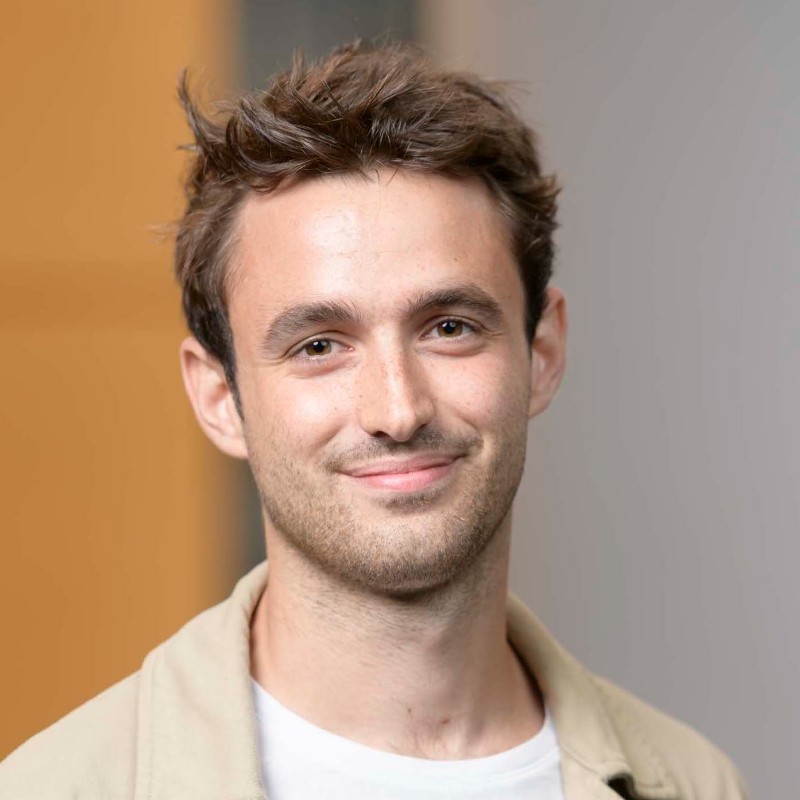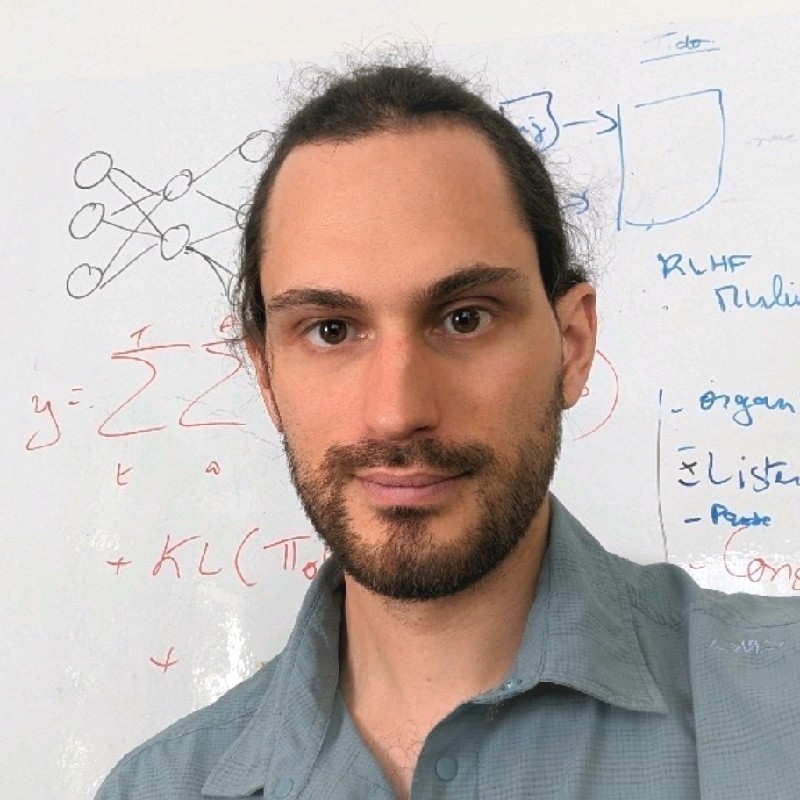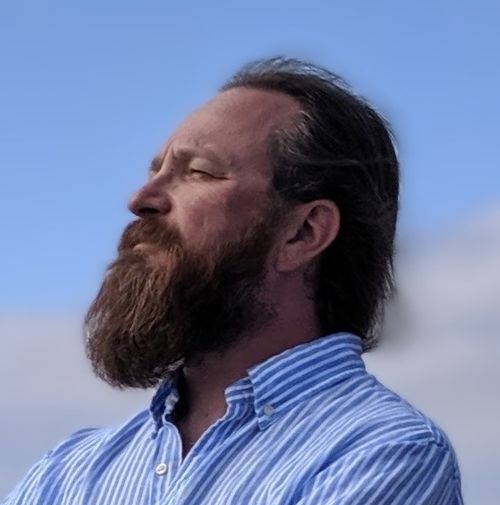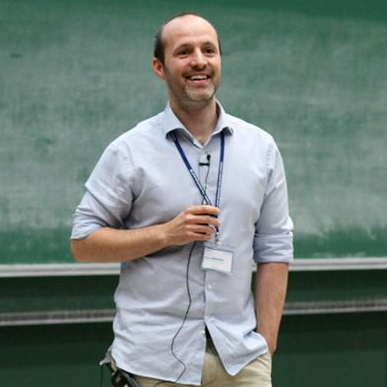What is “Language Gamification”?
Ludwig Wittgenstein, in his seminal work “Philosophical Investigations”, introduced the concept of “language games.”
This framework views language as an adaptive system where words acquire meaning through use, emphasizing its social and interactive nature.
Research in cognitive science reinforces this notion, highlighting that genuine language acquisition thrives on dynamic and context-driven interactions.
Language emergence simulations further demonstrate the critical role of language transmission within a population of agents in shaping modern languages.
Game theory experiments showcase the superiority of interactive self-play loops compared to traditional imitation-based models.
Meanwhile, the core training paradigm in language processing remains purely based on supervised and preference losses and has barely changed over the past years.
Besides, some limitations in LLMs, e.g., restricted planning abilities and insufficient personalization, suggest a potential deficiency in their training: the lack of interaction.
Inspired by these observations, our workshop explores the concept of Language Gamification to enable interactive LLM finetuning at scale.
This training paradigm encompasses interactive training or evaluation loops that enable LLMs to bootstrap and ground their language through multi-agent interactions.
Topics
This workshop invites an exploration of Language Gamification through a diverse set of methodological perspectives and research backgrounds, offering a series of presentations and unique panel discussions, including:
-
Cognitive Science: Exploring the dynamic relationship between language use and human language acquisition.
-
Multi-Agent Learning: Establishing the theoretical foundations of language games.
-
In-Context Learning: Analyzing the plasticity of LLMs during language interactions.
-
Language Emergence: Uncovering insights into how humans naturally engage in language games and employing Deep Learning tools to model this process.
-
Deep Reinforcement Learning: Showcasing RL approaches that leverage language games to foster planning and reasoning abilities.
-
Modern NLP: Recent works promoting self-improvement approaches for LLMs.
-
Embodiment: Investigating the role of language gamification in the development of embodied agents.
 Keynote Speakers
Keynote Speakers
Organizers
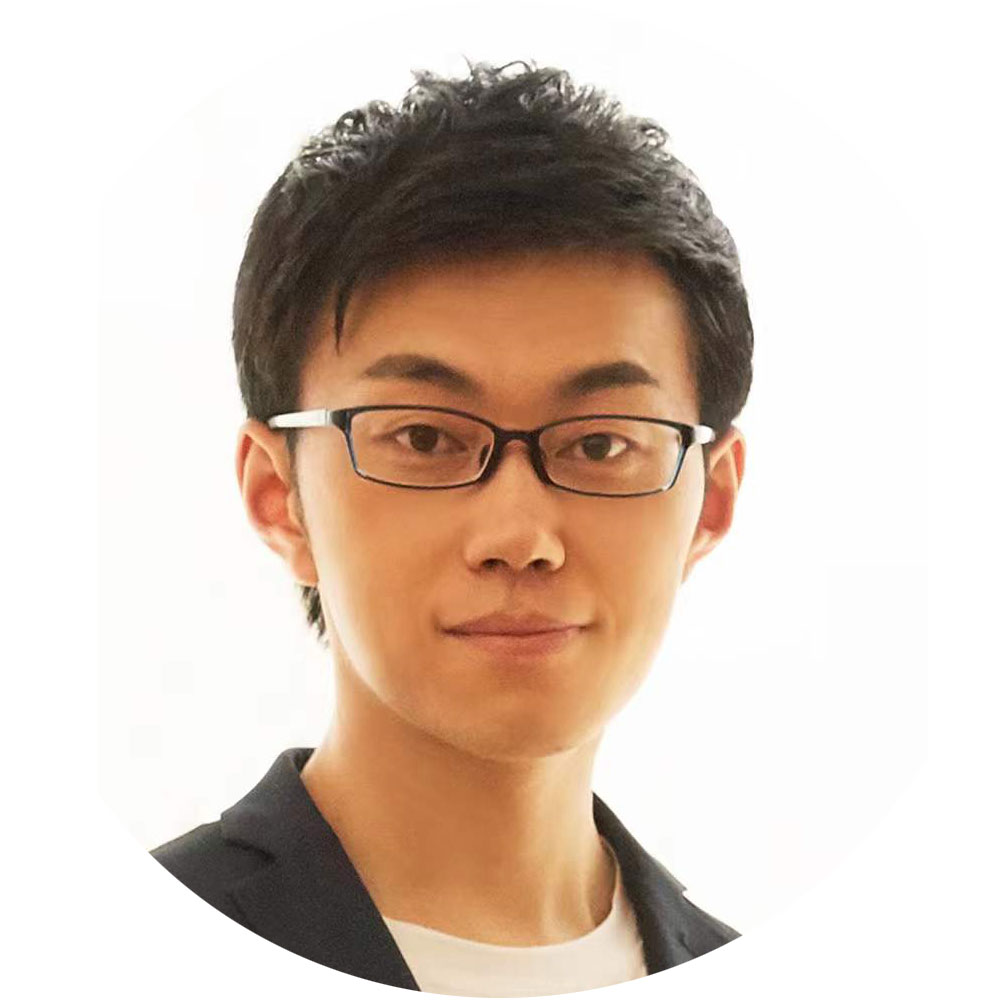
Yi Ren
University of British Columbia
Scientific Committee
![]() language.gamification.workshop@gmail.com | 𝕏 @MLLanguageGames
language.gamification.workshop@gmail.com | 𝕏 @MLLanguageGames 